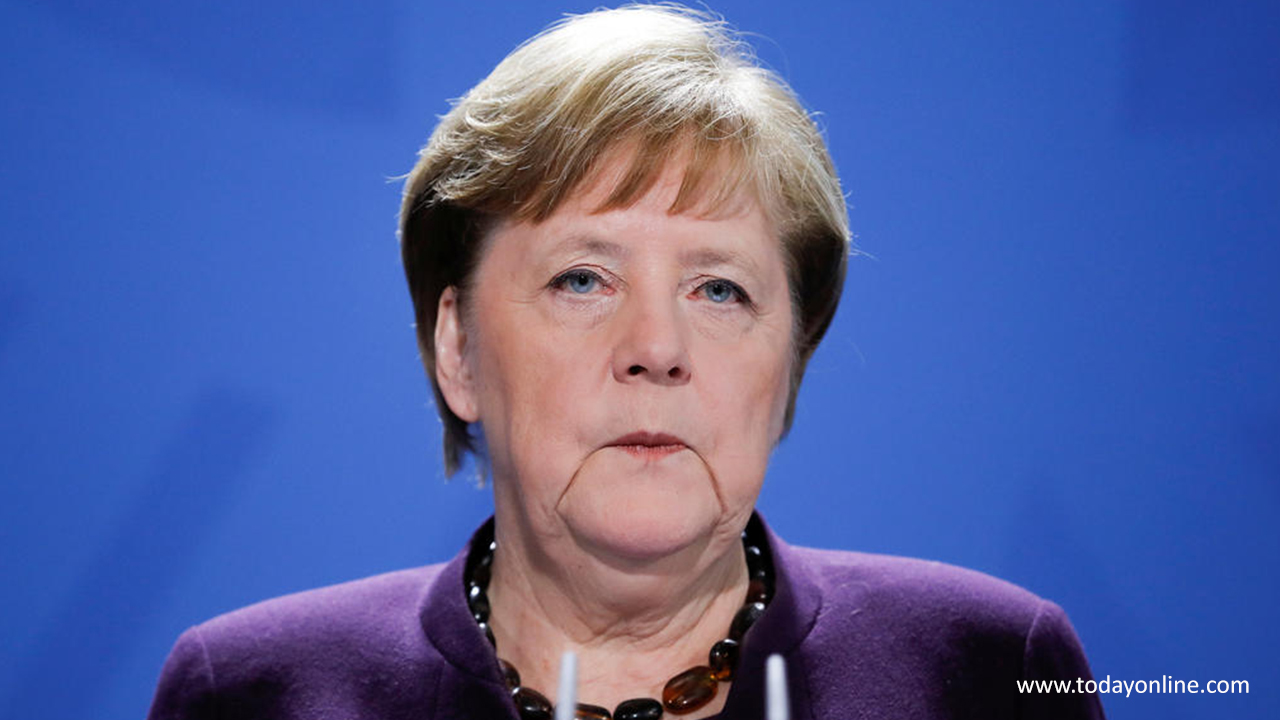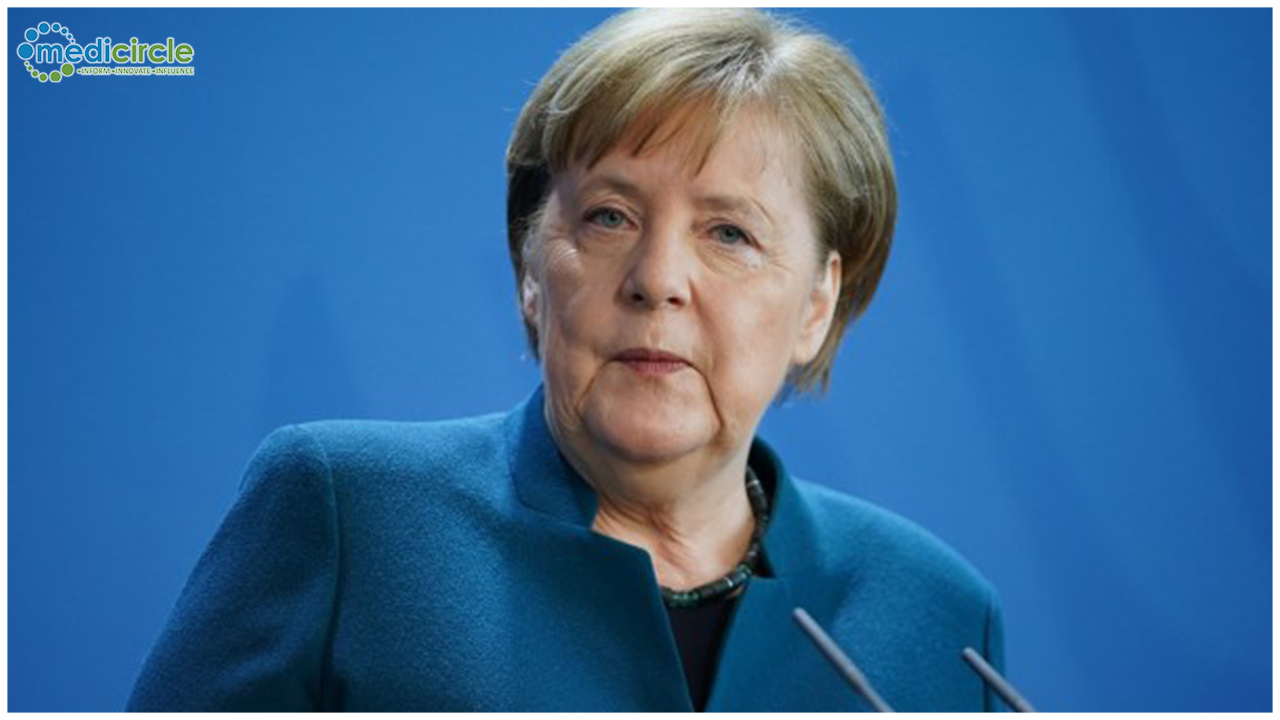Denmark, Poland, and the Czech Republic are to close their outskirts in light of the coronavirus danger, as countries chance monetary harm and political strains in their fight to stop the pandemic's spread across Europe.
The general moves by the three nations heighten an EU part state rebel against Brussels admonitions to maintain a strategic distance from cover travel bans and co-ordinate crisis activity.
The bans, with truth, be told, extremely restricted exclusions, add up to revocation of Ursula von der Leyen, European Commission president, who on Friday encouraged part states to take a proportionate and co-employable methodology.
"Certain controls might be legitimized, however broad travel bans are not seen just like the best by the World Health Organization," Ms von der Leyen told correspondents. "Additionally, they have a solid social and monetary effect, they disturb individuals' lives and business over the fringes."
Mette Frederiksen, Denmark's inside left PM, said her nation was in "an obscure area" and would close its fringes to practically all outsiders on Saturday for at any rate a month. The military will be conveyed to watch the wilderness.
The fringe controls will apply to land, air and ocean traffic from early afternoon on Saturday and will go on until April 13, with passage took into account Danes, nourishment, medication and segments required for producers.
"We are really busy something none of us has ever attempted previously," Ms. Frederiksen said at a question and answer session on Friday night. "At this moment, I realize that the arrangement of activities [we are taking] looks exceptionally extreme and it will be experienced as serious, yet I am persuaded that it is justified, despite all the trouble."
Denmark has by a wide margin both the most affirmed novel coronavirus cases and the most noteworthy disease pace of the four nations who have fixed their outskirts, with a count of in excess of 780 late on Friday. Neighboring Germany had in excess of 3,100 cases, however, its populace is just about multiple times bigger.
Sweden's state disease transmission specialist scrutinized Denmark's move as "totally futile". Anders Tegnell added Sweden was profoundly far-fetched to stick to this same pattern: "I have a hard time perceiving how it could support us. There is no examination that shows that. On the opposite, it would hurt us monetarily."
The group of four who have shut their boondocks are for the most part individuals from the 26-nation Schengen visa-free travel zone, which is the subject of a US venture out boycott because of coming into power in the early hours of the European morning on Saturday.
Poland's chief Mateusz Morawiecki declared a prohibition on outsiders entering the state and a suspension of worldwide air and rail associations as his nation endeavored to meet the "social test" of the infection's expansion in Europe.
While the quantity of affirmed instances of disease in Poland (68) remained generally low, he said that the nation expected to act quickly to forestall a rehash of the fixing of the infection's hold seen somewhere else in Europe.
The measures — which incorporate a required fourteen-day isolate for Poles coming back from abroad — will at first apply for 10 days, however, they can be stretched out by a further 20 and afterward one more month if fundamental.
"Our greatest resource will be smoothness, serenity which prompts Poland traversing this scourge in a more secure way than most European nations," he said.
Andrej Babis, head administrator of the Czech Republic, said his nation would everything except close its fringes from Monday, notwithstanding all outsiders aside from those with Czech home grants. Residents will likewise be restricted from voyaging abroad, aside from those in outskirts territories who work in neighboring nations.
The republic's neighbor Slovakia on Thursday restricted passages to the nation to individuals with habitation grants. It additionally forced an obligatory 14-day isolate for everybody coming back from abroad.

 In the rising cases in the EU many countries are imposing a travel ban to avoid the spread of COVID
In the rising cases in the EU many countries are imposing a travel ban to avoid the spread of COVID



















.jpeg)

.jpeg)










.jpg)




.jpg)

